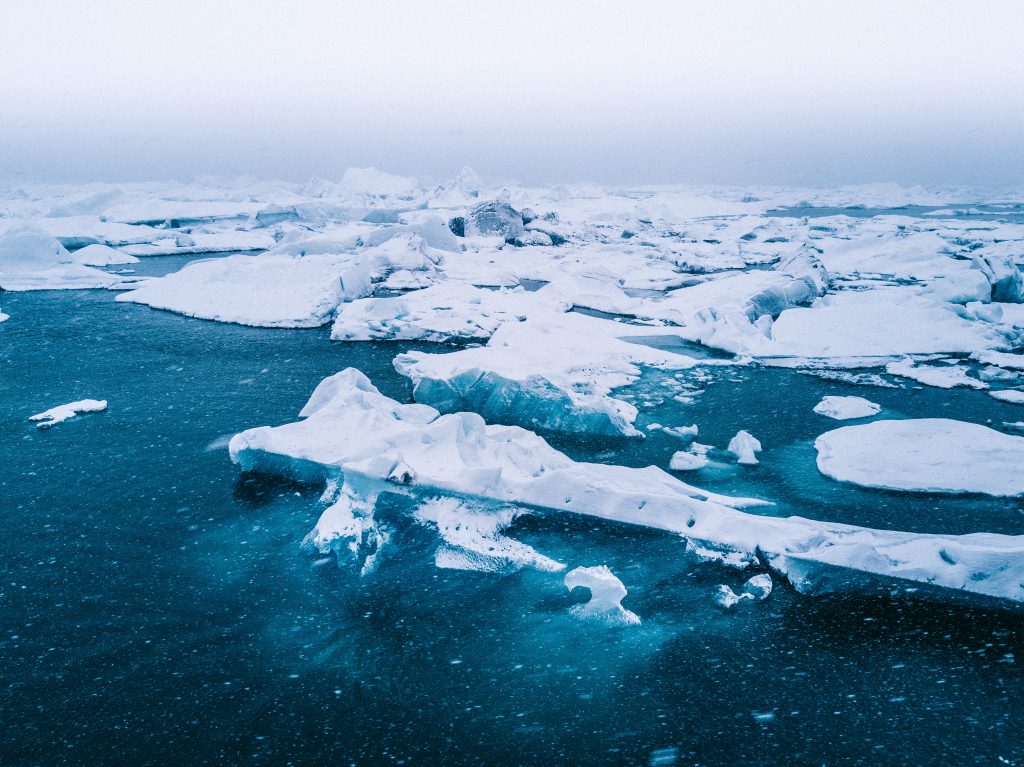
What are the scenarios for Arctic climate and environmental research in the longer run?
Currently, Arctic climate research does not have access to critical climate data from 45% of the Arctic area. This is because climate data from the Russian Arctic areas is largely no longer available to the global research community, as a by-product of the Russia sanctions. We’ll look into the consequences of this at our session at the Arctic Circle Berlin Forum “Arctic Scientific Cooperation in Flux”, on May 8th, 11:30– 12:30.
The above is one of the findings in the report “The Future of Arctic Science and Science Diplomacy”, initiated by Academia Europaea Bergen, the Nordic hub for the pan-European science academy Academia Europaea.
The absence of complete and comprehensive observations for the actual climate development of the Arctic is potentially dramatic, as the Arctic is seen as a “temperature gauge” for global warming and processes of global impact occurs there. In the Arctic, temperatures are rising three times faster than the global mean. A related situation demanding attention in the Arctic is the thawing of the permafrost and the methane emissions and other climate feedbacks resulting from this. A complete picture of this situation will also require complete data from all Arctic areas including the Russian ones.
This lack of complete data sets is a by-product of the sanctions following the Russian war in Ukraine, sanctions that also affect cooperation with Russian scientists, within a broad portfolio of scientific topics and science-based management. We ask what consequences the lack of science diplomacy has had and will have on the sharing of climate data and international scientific collaboration in general and particularly with respect to the collection and distribution of data? And what are the scenarios for Arctic climate and environmental research in the longer run?
For our session at the Arctic Circle Berlin Forum, May 8th, 11:30– 12:30, panelists will be Clara Ganslandt, Rolf Rødven, Eystein Jansen, Melody B. Burkins and Frode Nilssen. Moderator will be Volker Rachold. Bios on all below.
Organisers
Academia Europaea Bergen, University of Bergen, Nord University Business School, Institute of Arctic Studies in Dartmouth, Alfred Wegener Institute (all partners of the Rethinking Arctic Project (2023-2025), funded by UArctic, UiB and Academia Europaea Bergen).
Moderator and panelists:
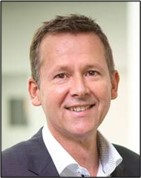
Volker Rachold
Volker Rachold is head of the German Arctic Office at the Alfred Wegener Institute, Helmholtz Center for Polar and Marine Research (AWI), which serves as an information and cooperation platform among German stakeholders from science, politics, and industry. Before moving to the German Arctic Office in 2017, he had served as the executive secretary of the International Arctic Science Committee (IASC) in Stockholm and Potsdam since 2006. Rachold graduated as a geochemist from Göttingen University, where he also obtained his PhD in 1994. Since then, he has worked with the AWI. His research focused on land-ocean interactions in the Siberian Arctic, and he led several land- and ship-based Russian-German expeditions.

Clara Ganslandt
Clara Ganslandt is Special Envoy for Arctic Matters at the European External Action Service (EEAS), the European Union’s diplomatic service. Ganslandt’s role is to drive forward the EU’s Arctic policy, enhance cooperation with partner countries and other interested parties, improve coordination between the different EU institutions, mainstream Arctic issues in policy-making, and promote and publicise the EU’s Arctic engagement externally. She entered the Swedish diplomatic service in 1990. Following Sweden’s accession to the EU in 1995, she joined the first structure set up in the General Secretariat of the Council of Ministers of the EU to build the EU Foreign and Security Policy (CFSP); and she has since then worked in EU external relations in various functions. She holds a Master of Laws (LLM) from the Lund University in Sweden, and also studied at the College of Europe in Bruges, and at the Institut d’Etudes Politiques in Paris.
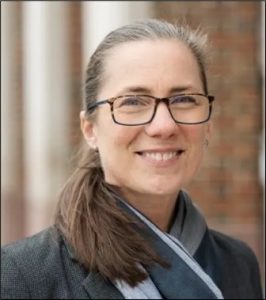
Melody Brown Burkins
Melody Brown Burkins, PhD, is the Director of the Institute of Arctic Studies, Senior Associate Director in the John Sloan Dickey Center for International Understanding, and Adjunct Professor of Environmental Studies at Dartmouth. In January 2022, she was also named the UArctic Chair in Science Diplomacy and Inclusion. With over 30 years of experience as a polar scientist working in academia and governance, she is an advocate for policy-engaged scholarship, experiential education, and the support of science policy and diplomacy initiatives advancing sustainability, inclusion, and gender equality in the Arctic and around the world.
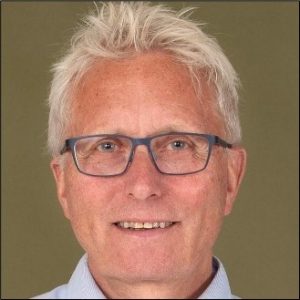
Frode Nilssen
Frode Nilssen is a professor at Nordland University Business School, High North Centre for Business and Governance. Most of his research has been on international trade and marketing within the frames of economic and governance issues, on food trade in particular. International Political Economy in the Arctic is a field of interest, particularly the blue economy and institutional frames, and on tensions between Economic Behaviour, Bilateral and Multilateral Governance and Politics in international food trade and exploitation of natural resources. Nilssen is also a research professor at the Fridjof Nansens Institute, head of the research department for marketing, strategy and management at the Bodø Graduate School of Business. He has served as a Special councillor at the Norwegian embassy in Moscow dealing with trade, fisheries and economic matters in the Norwegian-Russian relation.
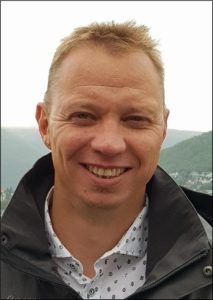
Rolf Rødven
Rolf Rødven is the Executive Secretary of the Arctic Monitoring and Assessment Program (AMAP). AMAP is mandated to monitor and assess the state of the Arctic region with respect to pollution and climate change issues, as well as their impacts on ecosystems and human health, and to provide policy recommendations to the Arctic Ministers. Rødven holds a PhD in Northern Populations and Ecosystems and an MBA in strategic leadership and finance from UiT – the Arctic University of Norway. He has been authoring several scientific papers on Arctic sosio-ecological systems. His previous positions include research director and director at the Norwegian Institute of Agricultural and Environmental research – Northern department, research director at the Norwegian Institute of Bioeconomic research, and head of research section at Faculty of Biosciences, Fisheries and Economy, as well as leading positions in environmental management.
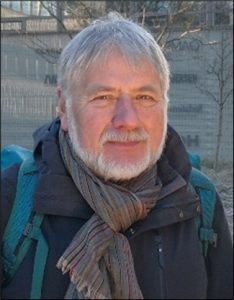
Eystein Jansen
Eystein Jansen is professor of palaeoclimatology at the University of Bergen. Jansen was the founding director of the Bjerknes Centre for Climate Research, which he led for 13 years. Jansen is Academic Director for the Academia Europaea Bergen Knowledge Hub and Vice President of the European Research Council (ERC) and a member of Academia Europaea, the Norwegian Academy of Science and Letters, The Norwegian Academy of Technological Sciences and the Norwegian Scientific Academy for Polar Research. Jansen was in 2019 awarded the Brøgger prize and the Meltzer prize for excellence in research. His research has primarily dealt with the influence of changes in ocean circulation on climate and on natural climate changes.
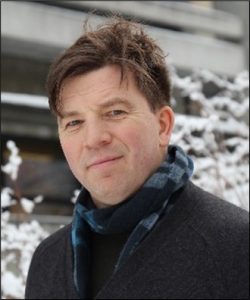
Ole Øvretveit
Ole Øvretveit is currently Director of the Coastal Impact Hub in Kirkenes, Norway, which is a pilot project funded by the Norwegian government. In addition, he is the project manager at the Academia Europaea Bergen Hub for the UArctic funded project Rethinking Arctic Collaboration, holding a 10% researcher position at the host institution, the University of Bergen. Previously he has served as Director of Arctic Frontiers for eight years. Subsequently and as Director of Science to Policy for the Sustainable Development Goals at the University of Bergen. He has also provided leadership with Initiative West, a think tank on sustainable ocean economy, societal growth and the green transition from the west coast of Norway.
